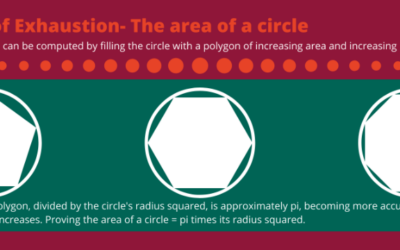Computer science is one of the fastest growing job sectors out there and graduates with this degree work in a wide variety of sectors. For example, one year you might be designing a new app for a small start-up and the next you’re optimising trading software for a large investment bank.
As a result, you can be sure of an interesting, dynamic and challenging career as a computer scientist. Whether you specialise in web design, software development, IT consultancy or business analysis, you’ll find a range of career options available to you. With a little research and exploration, you can find the area that’s right for you.
Experience first-hand what it’s like to study and work in computer science with our Computer Science & Coding summer school in Oxford.
Which Subjects Do You Need to Become a Computer Scientist?
Many jobs in computer science are open to most graduates and lots of employers offer on-the-job training. As a result, you’re not restricted to the specific area or discipline you’ve studied at university.
Studying a degree in computer science is a common path into the industry. Many universities require applicants to have studied maths (and sometimes further maths) at A-level or equivalent, along with a science or technology-based subject like physics, engineering or computing.
If you’re keen to advance your pre-university learning further, find out more about our online Computer Science course and our online Mathematics course.
How Do I Become a Computer Scientist?
Computer science graduates have the most success when it comes to a career in the field. However, software and IT companies take on graduates from a whole range of academic subjects, particularly maths and science.
Extracurricular activities and studies can be very important in preparing a strong job application in computer science. If you’re studying a subject outside of computer science but want to pursue it as a career, then it’s often worth gaining some programming or web design experience to demonstrate your motivation and technical skills to prospective employers.
At the other end of the spectrum, if you’re already developing these skills as part of a computer science degree, then it can be good to gain experience in areas where computer science can be applied (e.g. economics, robotics or gaming) in order to show a well-rounded appreciation of the field in general.
What Books Can I Read About Computer Science?
There are a number of excellent reading recommendations for aspiring computer science students, but these are our favourites:
1. ‘Coders at Work: Reflections on the Craft of Programming‘ by Peter Siebel. Formatted as a series of interviews with successful software developers, this book offers first-hand insights into the field. A valuable glimpse into the professional programming world, ‘Coders at Work’ is a must-read for anyone aspiring to work in software development.
2. ‘The Mythical Man-Month: Essays on Software Engineering‘ by Frederick P. Brooks Jr. This book delves into the complexities and challenges of large-scale software project management. Reflecting on the his own experiences managing the development of the IBM System/360 and OS/360, Brooks explores key principled in planning, collaboration and task management.

By Oxford Scholastica Academy
The Oxford Scholastica Academy was founded in 2013 by Jamie and Sophie, two former University of Oxford students, who have built a dynamic education company dedicated to empowering young people to chart their path in the world and make it better.





